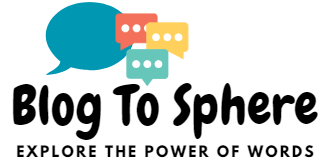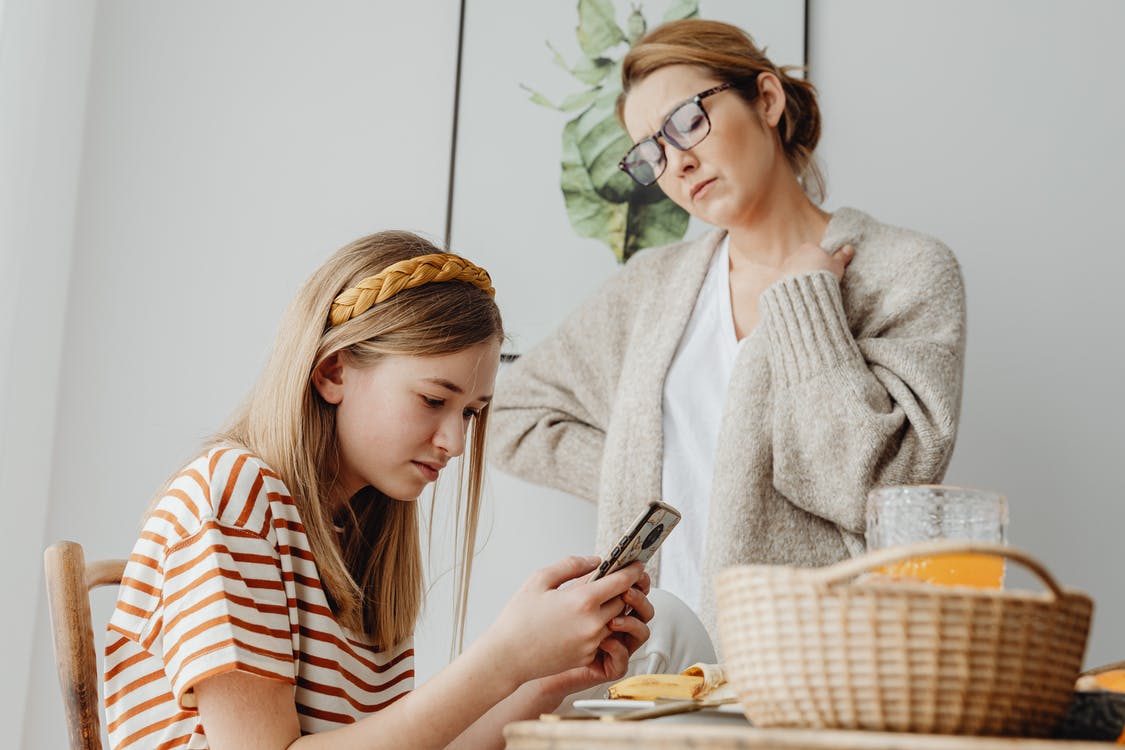Social media has become an integral part of our daily lives, providing a platform for people to connect, share information, and express themselves. However, research has shown that social media can have a negative impact on mental health, including increased feelings of anxiety, depression, and loneliness. In this article, we will explore the impact of social media on mental health and provide tips for staying connected without sacrificing your well-being.
The Impact of Social Media on Mental Health
Social media can have a profound impact on mental health, both positively and negatively. Here are some of the ways social media can affect mental health:
1. Increased Feelings of Anxiety and Depression
Social media use has been linked to increased feelings of anxiety and depression, particularly in young people.
2. Negative Self-Image
Social media can lead to negative self-image and self-esteem, as people compare themselves to the curated and edited images they see online.
3. Cyberbullying
Social media can be a platform for cyberbullying, which can have a significant impact on mental health and well-being.
Tips for Staying Connected Without Sacrificing Your Well-Being
Despite the potential negative impact, social media can still be a valuable tool for staying connected with friends and family. Here are some tips for staying connected without sacrificing your well-being:
1. Limit Your Social Media Use
Limit the amount of time you spend on social media each day. Set a timer for yourself and stick to it.
2. Curate Your Social Media Feed
Be intentional about who you follow and what content you see on social media. Follow accounts that inspire and uplift you, and unfollow accounts that make you feel negative.
3. Take Breaks from Social Media
Take regular breaks from social media to recharge and focus on other aspects of your life.
4. Prioritize Face-to-Face Connections
Make time for face-to-face connections with friends and family. Plan outings or activities together to strengthen your relationships.
5. Practice Self-Care
Make self-care a priority, and prioritize activities that bring you joy and relaxation, such as exercise, meditation, or spending time in nature.
FAQs
How does social media affect mental health?
Social media can lead to increased feelings of anxiety and depression, negative self-image, and cyberbullying.
How can I limit my social media use?
Set a timer for yourself and stick to it, or use apps that track and limit your social media use.
What can I do if I’m experiencing cyberbullying on social media?
Report the bullying to the platform, and consider seeking support from a trusted friend or mental health professional.
How much face-to-face connection should I prioritize?
The amount of face-to-face connection you need will vary based on your individual needs and preferences, but aim to prioritize quality connections over quantity.
What are some examples of self-care activities?
Self-care activities can include exercise, meditation, spending time in nature, taking a bath, or reading a book. Choose activities that bring you joy and relaxation.
Conclusion
Social media can have a significant impact on mental health, but by being intentional about your social media use and prioritizing face-to-face connections and self-care, you can stay connected without sacrificing your well-being. Remember that social media is just one aspect of your life, and it’s important to maintain a healthy balance between online and offline connections.

